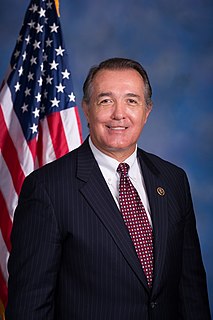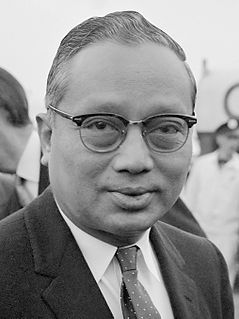A Quote by Friedrich Nietzsche
Freedom of opinion is like health; both are individual, and no good general conception can be set up of either of them.
Related Quotes
Constitutional rights are useful up to a point, but they do not serve to guarantee much more than what could be called the bourgeois conception of freedom. According to the bourgeois conception, a "free" man is essentially an element of a social machine and has only a certain set of prescribed and delimited freedoms; freedoms that are designed to serve the needs of the social machine more than those of the individual.
The relative freedom which we enjoy depends of public opinion. The law is no protection. Governments make laws, but whether they are carried out, and how the police behave, depends on the general temper in the country. If large numbers of people are interested in freedom of speech, there will be freedom of speech, even if the law forbids it; if public opinion is sluggish, inconvenient minorities will be persecuted, even if laws exist to protect them.
Individuals understood in relational terms cannot be conceived as fully separate from their communities. Others in one's community may already be a part of the self. This conception of the person as overlapping in identity with others has normative implications for what constitutes the good of the individual and how that good relates to the good of others. One's relationship with others can form a part of one's good as an individual, such that one can have a compelling interest in the welfare of these others and in one's relationship with them.
Freedom is necessary for two reasons. It's necessary for the individual, because the individual, no matter how good the society is, every individual has hopes, fears, ambitions, creative urges, that transcend the purposes of his society. Therefore we have a long history of freedom, where people try to extricate themselves from tyranny for the sake of art, for the sake of science, for the sake of religion, for the sake of the conscience of the individual - this freedom is necessary for the individual.
The insistence on truthfulness does not disturb the freedom of the individual. The social obligation implied in Satyagraha turns the freedom of the individual into moral freedom. An atheist is free to say or to do what he likes, provided he does what he says and says what he does. So, in the context of social relations, the freedom of the individual is moral freedom.
One of the interesting things about the ancient Greeks is that they really didn't have our conception of individual rights. They didn't have our conception of all lives matters. And it was really was true for them, that certain lives matter a lot more than others. It didn't dawn on them that all lives, although different, can be lives of equal mattering. And that is actually something a huge ethical lesson.
Nothing is more important for transgender people than to have access to excellent health care in trans-affirmative environments, to have the legal and institutional freedom to pursue their own lives as they wish, and to have their freedom and desire affirmed by the rest of the world. This will happen only when transphobia is overcome at the level of individual attitudes and prejudices and in larger institutions of education, law, health care, and kinship.









































